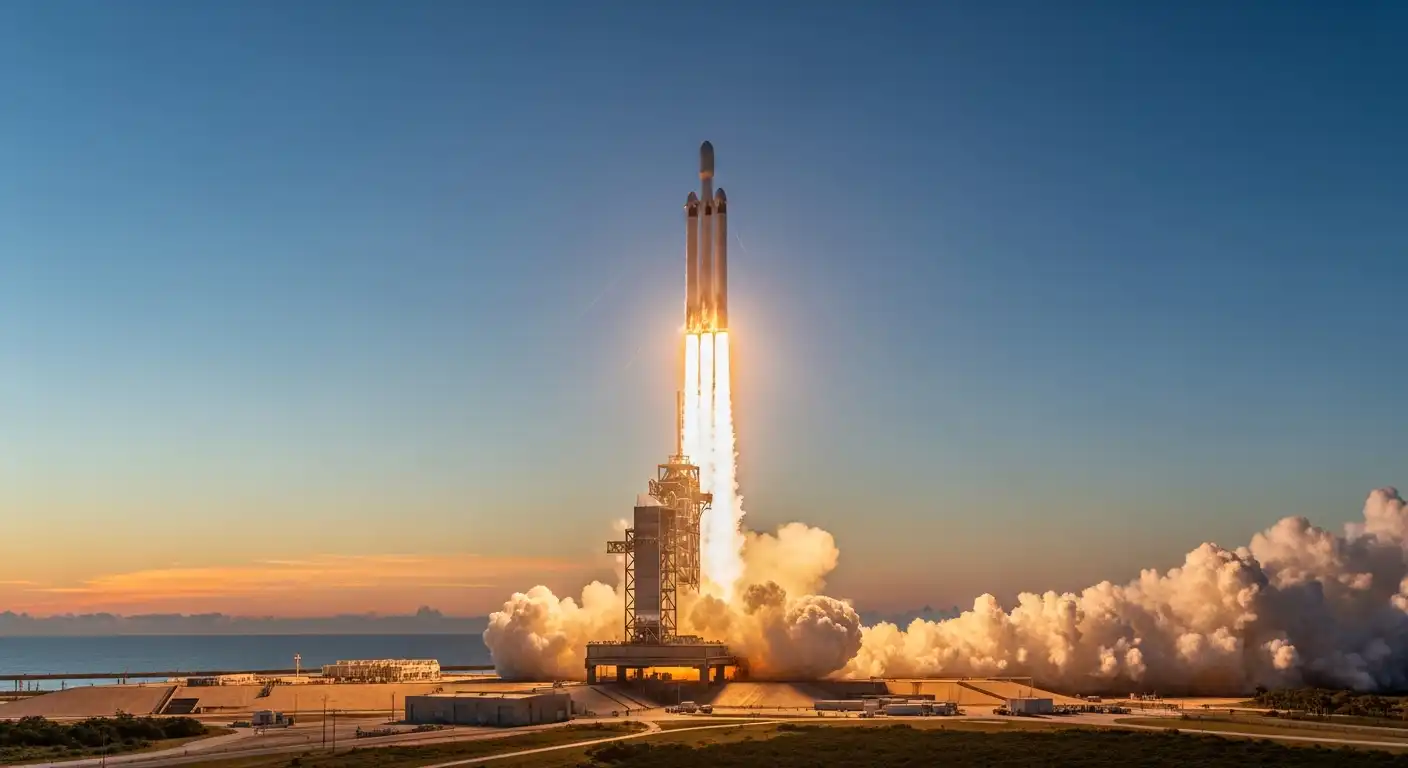Space agencies are pivotal in humanity’s quest to explore, understand, and utilize the vast expanse of space. These organizations are responsible for spearheading space missions, advancing scientific knowledge, and fostering international collaboration in space exploration. This article delves into the history, functions, major achievements, and future directions of space agencies, highlighting their indispensable role in advancing our presence in the cosmos.
Understanding Space Agencies
Space agencies are government or semi-government entities dedicated to researching, developing, and implementing space missions and technologies. They are crucial in national and international space endeavors, from satellite launches to manned spaceflights.
Historical Evolution
The concept of space agencies emerged in the mid-20th century, during the height of the Cold War. The United States established NASA (National Aeronautics and Space Administration) in 1958, following the Soviet Union’s successful launch of Sputnik 1 in 1957. It marked the beginning of the Space Race, driving significant advancements in space technology and exploration.
Other countries soon followed, establishing their space agencies to participate in the burgeoning field of space exploration. Notable agencies include the European Space Agency (ESA), the Russian Federal Space Agency (Roscosmos), the China National Space Administration (CNSA), and the Indian Space Research Organisation (ISRO).
Core Functions
Space agencies typically perform several key functions:
- Scientific Research: Researching to advance our understanding of space, Earth, and the universe.
- Satellite Deployment: Launching and managing satellites for communication, weather forecasting, Earth observation, and scientific research.
- Manned Space Missions: Developing and executing missions to send humans into space, including to the International Space Station (ISS) and, in the future, potentially other celestial bodies.
- Technology Development: Innovating and developing new technologies for space exploration and related fields.
- International Collaboration: Partnering with other space agencies and international organizations to undertake joint missions and share scientific data.
Major Achievements of Space Agencies
Space agencies have been at the forefront of some of humanity’s most remarkable achievements in space exploration:
Moon Landings
NASA’s Apollo program, particularly the Apollo 11 mission in 1969, achieved the first manned moon landing, a monumental milestone in space exploration. This mission demonstrated the human capability to travel to and work on another celestial body.
Mars Exploration
Several space agencies have contributed to Mars exploration. NASA’s rovers, such as Curiosity and Perseverance, have provided invaluable Martian surface and climate data. ESA’s ExoMars program and CNSA’s Tianwen-1 mission are also making significant strides in exploring the Red Planet.
International Space Station
The ISS, a collaborative project involving NASA, Roscosmos, ESA, JAXA (Japan Aerospace Exploration Agency), and CSA (Canadian Space Agency), symbolizes international cooperation in space. It functions as a microgravity laboratory for scientific research and technology development.
Space Telescopes
Space agencies have launched various space telescopes that have revolutionized our understanding of the universe. NASA’s Hubble Space Telescope and ESA’s Gaia mission have provided unprecedented views and data on distant galaxies, stars, and planets.
Applications and Impact of Space Agencies
Space agencies contribute significantly to various sectors and have far-reaching impacts:
Earth Observation
Space agencies launch satellites to monitor environmental changes, natural disasters, and climate patterns, aiding in disaster management, agricultural planning, and environmental conservation.
Telecommunications
Space agencies deploy and manage communication satellites that facilitate global telecommunications, internet services, and broadcasting.
Scientific Advancements
Research conducted by space agencies advances knowledge in fields such as astronomy, physics, and biology. Experiments conducted in microgravity environments, for example, lead to discoveries that would be impossible on Earth.
Economic Growth
Space exploration drives technological innovation, leading to the development of new products and industries. The space sector also creates jobs and stimulates economic growth through investments in research and infrastructure.
Challenges and Future Directions
Despite their achievements, space agencies face several challenges that need to be addressed to continue advancing space exploration:
Funding and Budget Constraints
Space exploration is expensive, and securing adequate funding remains a challenge. Budget constraints can limit the scope and scale of space missions.
Technological Hurdles
Developing new technologies for deep space exploration, such as advanced propulsion systems and life support systems, poses significant technical challenges.
International Collaboration
While international cooperation has been a hallmark of space exploration, geopolitical tensions can impact collaborative efforts. Building and maintaining strong partnerships is crucial for future missions.
Space Debris
The increasing amount of space debris threatens satellites and space missions. Developing effective debris mitigation and removal strategies is essential for ensuring the long-term sustainability of space activities.
Future Directions
The future of space agencies is filled with exciting prospects:
Moon and Mars Missions
Space agencies are planning ambitious missions to return humans to the Moon and establish a sustainable presence there. Mars missions aim to explore the possibility of human settlement and search for signs of past life.
Deep Space Exploration
Missions to explore the outer planets, asteroids, and beyond are on the horizon. These missions will expand our understanding of the solar system and the universe.
Commercial Partnerships
Collaboration with private space companies is becoming increasingly important. Public-private partnerships can drive innovation and reduce costs, enabling more frequent and diverse missions.
Space Tourism
Space agencies are exploring the potential for space tourism, which could open space travel to non-professionals and generate additional revenue for space exploration.
Conclusion
Space agencies are crucial in advancing our understanding of the universe and driving technological innovation. Their achievements in space exploration have far-reaching impacts on science, technology, and society. As we look to the future, continued investment in space agencies and international collaboration will be essential for overcoming challenges and realizing the full potential of space exploration. Space agencies will continue to inspire and lead humanity’s journey into the cosmos by pushing the boundaries of what is possible.




